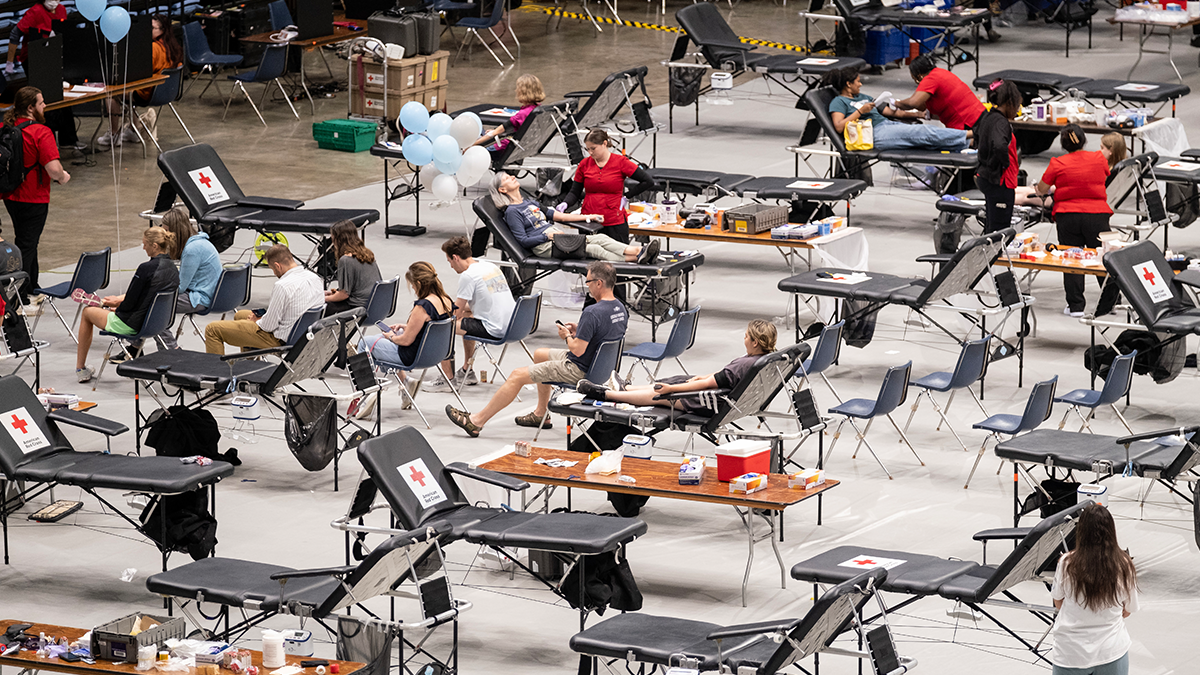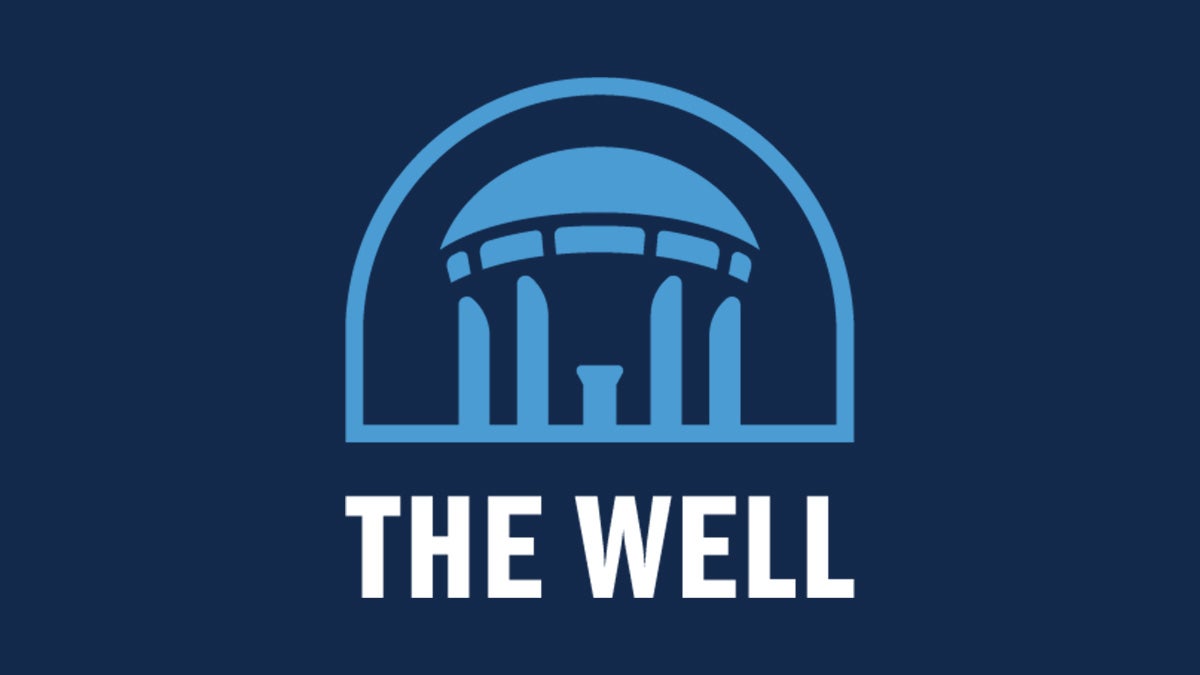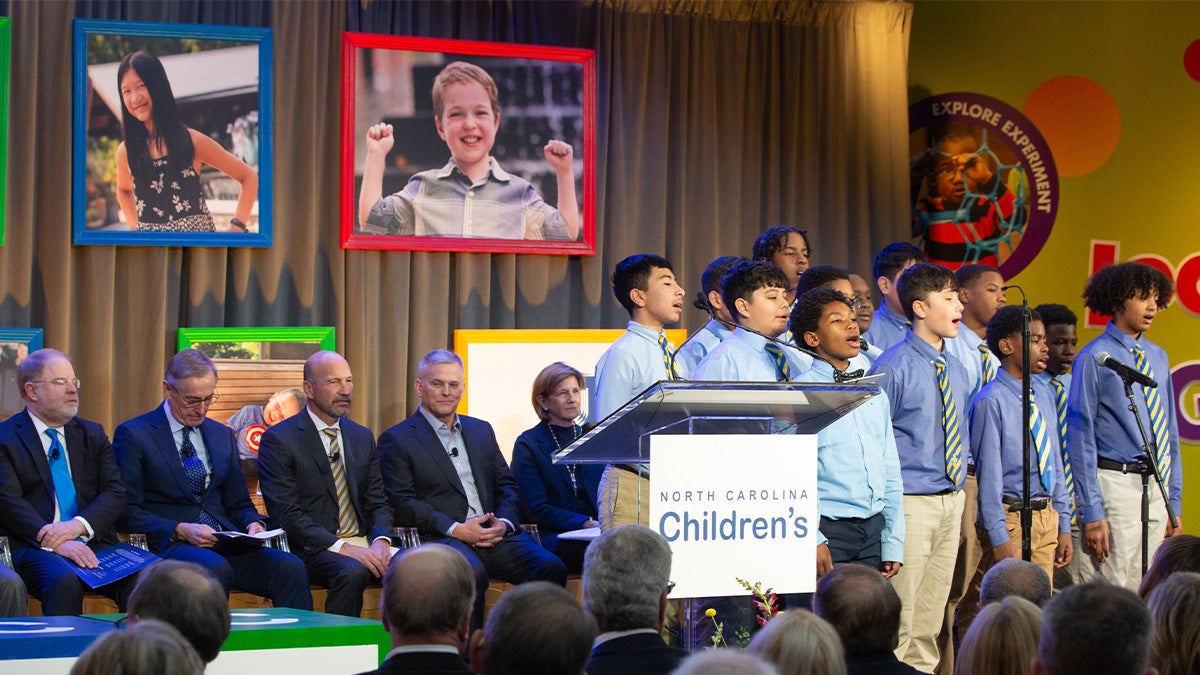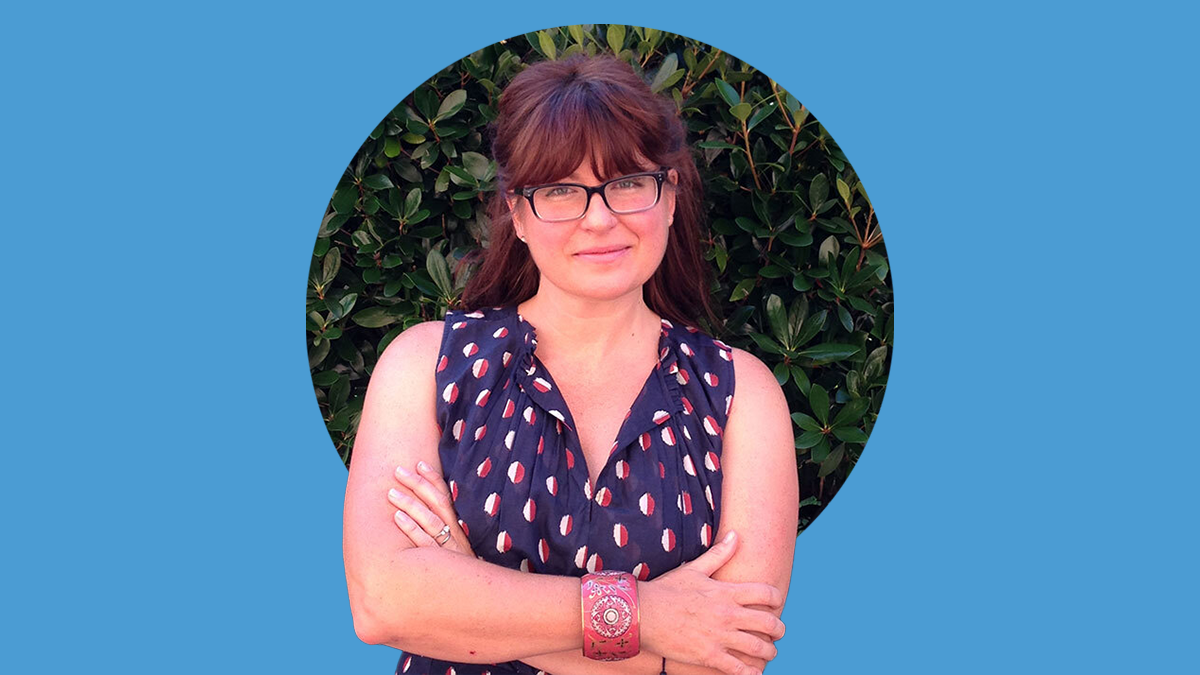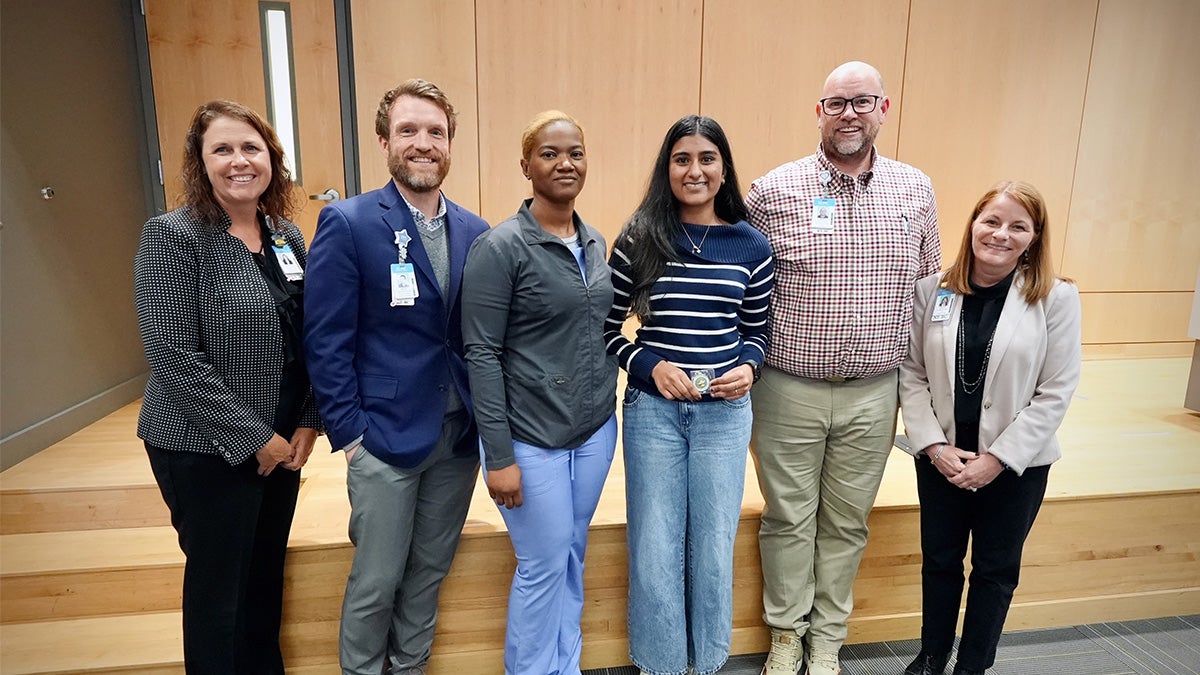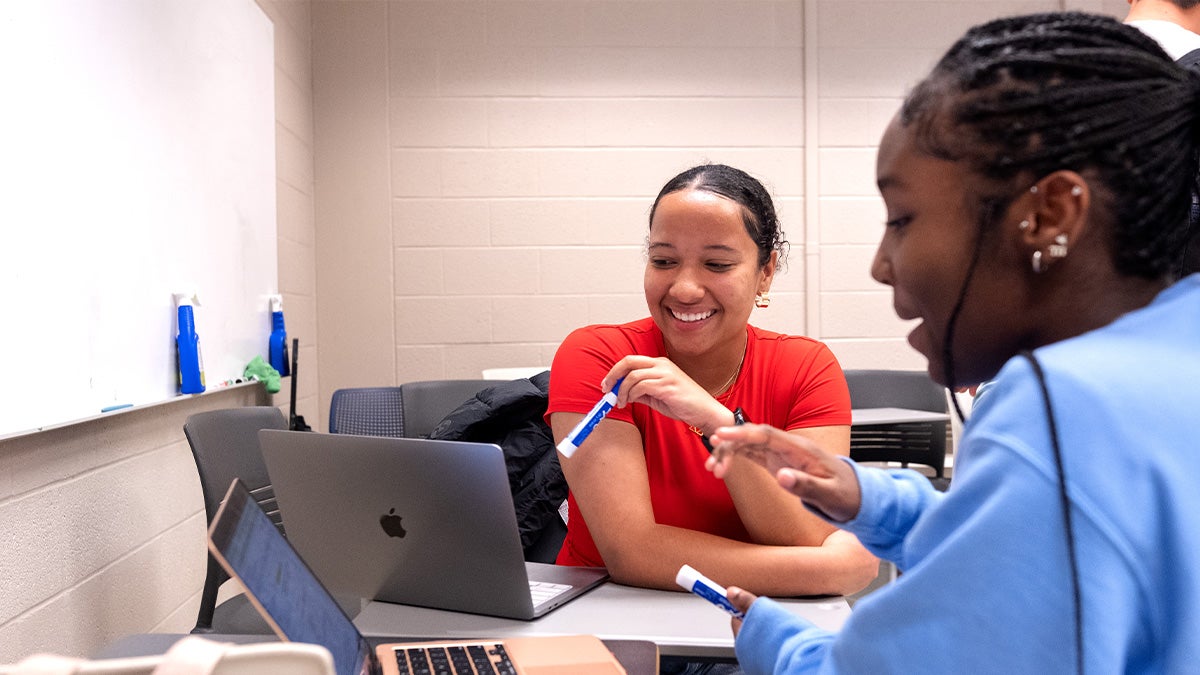Global Pharmacy Scholars serve in 7 world regions
The Global Rotation program positions students for success through project-based rotations in international health care systems.

From Addis Ababa to Melbourne, UNC Eshelman School of Pharmacy students in the Global Rotation program are charting new pathways in global health.
The program, open to pharmacy students entering their fourth year, aims to teach scholars about global health issues and expose them to diverse cultures and health care systems. Students apply and can choose from seven different regional rotations: Australia, Canada, Ethiopia, Japan, Malawi, Moldova and the United Kingdom.
In March, two students participated in a 15-day project-based rotation in Addis Ababa, Ethiopia. The rotation focused on helping Black Lion Hospital implement new clinical services and mirroring techniques used in the United States.
“This gave me an opportunity to see pharmacy in a place I probably wouldn’t travel to on my own,” said Hannah Lee, a fourth year Doctor of Pharmacy student who took part in the program.
Scholars separated into two project groups. One project focused on antibiotic prescribing practices, researching how to implement more specific dosing for different patients based on body weight and kidney function.
Shaleen Ghosh, a fourth year Doctor of Pharmacy student, worked on that project. “To see what medicine looks like in another country is eye-opening, especially where resources are limited or the things we take for granted aren’t available,” said Ghosh. “This taught me to think about what is most essential and how we can focus on what we truly need.”
The second project focused on bolstering cancer care at Addis Ababa University and establishing a pediatric cancer registry. Ethiopia doesn’t currently have a way to track how many children have cancer, but recording that data will allow the hospital to track survivability with certain treatments. Lee took part in that project and helped create documentation forums and interviewed satellite clinics to compile the number of pediatric cancer patients treated.
“I gained a lot of cultural competence that I can apply to be a more empathetic provider,” said Lee. “It taught me to ask, ‘How do I make things easier? How do I recognize things that aren’t directly health related that might be impacting patients’ overall well-being?’”
Both projects will help advance clinical pharmacy practice in Ethiopia. Though the students have returned to Chapel Hill, they will meet frequently with their colleagues in Ethiopia to stay connected and follow their progress.
Both Eshelman and the program have prepared Ghosh and Lee for what comes after Carolina.
Ghosh will complete her residency at the University of Pennsylvania in Philadelphia, focusing on general training across different specialties, with the goal of going into ambulatory care. The project-based rotation provided Ghosh skills to take into her residency.
“Thinking about our project, what does it look like to implement something? What kind of information do you need to gather in the end? Who and what partners do you need to work with?” said Ghosh. “Breaking those down into pieces and thinking about that will be useful moving into the residency space.”
Lee will be starting her residency on the acute care track at Hennepin Healthcare in Minneapolis after graduation. Her experience in Ethiopia gave her a sense of confidence to help with patient care.
“Patients are going to look to me for help, and I have the confidence to take that step out,” said Lee. “Carolina played a big role in bolstering that confidence.”

